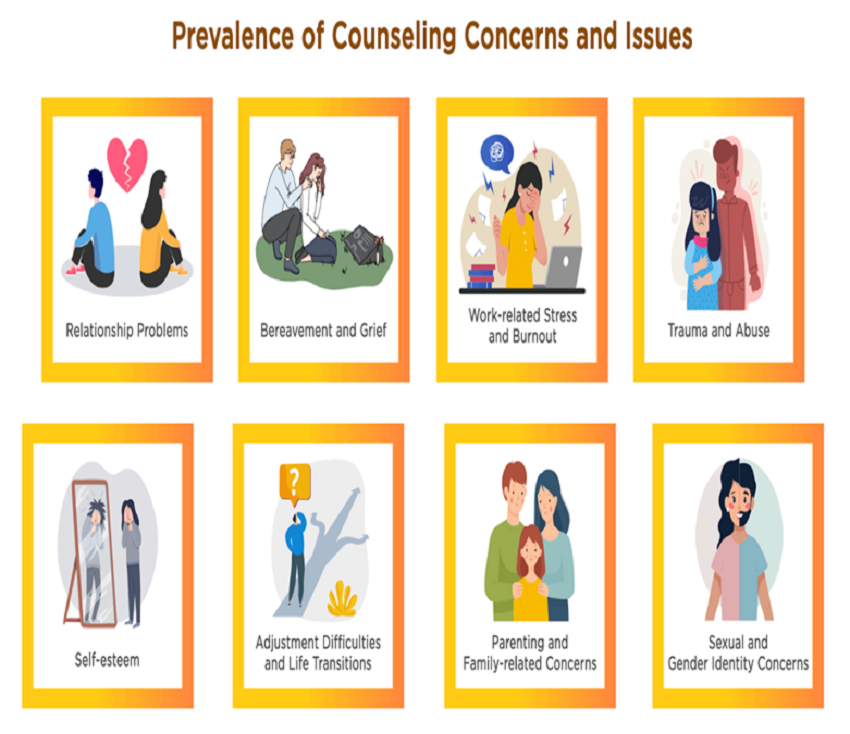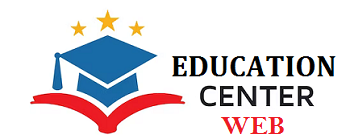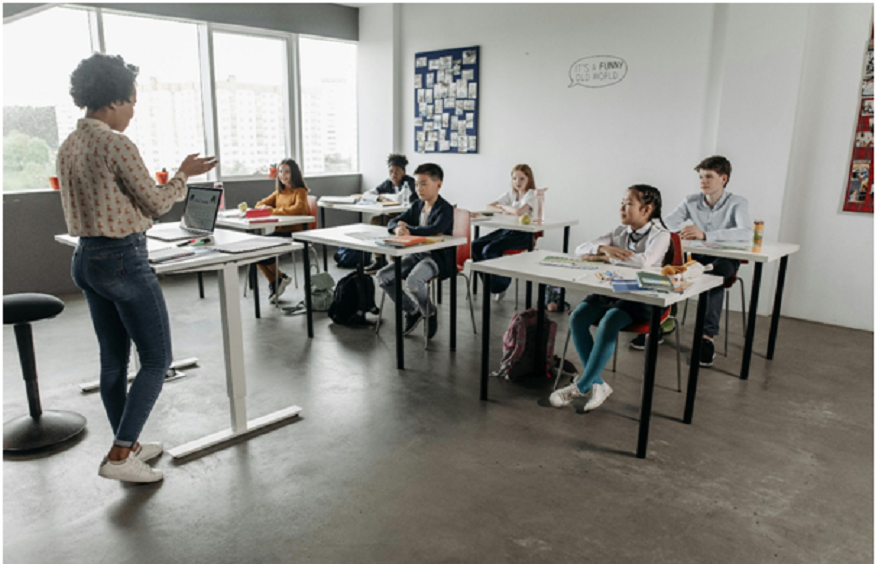Balancing the dual role of teaching and counseling might seem like juggling two different worlds, but it’s an art well worth mastering! As educators, teacher counselors are trailblazers guiding young minds academically while also supporting their emotional and social well-being.
Imagine the impact of helping students tackle personal hurdles and stress, while also being their champion in the classroom! This rewarding role is vital, yet comes with unique challenges.
Let’s explore effective strategies to manage these responsibilities seamlessly!
Understanding the Dual Responsibilities of a Teacher Counselor
Balancing the dual responsibilities of teaching and counseling involves understanding two significant roles and how they seamlessly integrate to support student development.
Teaching and Counseling Roles
At the core, a teacher counselor is first a teacher, spending the majority of the day educating students on various subjects. However, once teaching duties wrap up, the counselor hat is worn, providing vital emotional and psychological support. In this role, teacher counselors handle easier cases assigned by school counselors or other school administrators.
By compiling background information, they offer initial support and, if necessary, refer students to specialized counselors for further assistance. This balance ensures that both educational and personal growth needs are met efficiently.
Collaboration with School Staff
Collaboration is key! Teacher counselors work hand in hand with other staff members, such as Year Heads and Form Teachers, to ensure that each student receives personalized care. By sharing insights and strategies, they create a harmonious environment where both teaching and counseling roles work towards a common goal, student success.
Engaging with the School Community
Enhancing the school-community relationship is a crucial aspect of being a teacher counselor. Building these relationships helps in providing holistic student support.
Working with Parents
Teacher counselors view parents as pivotal partners in their mission to assist students. They engage parents through regular communication and workshops aimed at reinforcing students’ social-emotional learning. This collaboration ensures that both home and school environments support the child’s development in unified directions.
Supporting Teachers
In addition to supporting students, teacher counselors also extend their guidance to teachers. They organize seminars and workshops to equip teachers with basic counseling skills, enabling them to serve as proactive supporters in students’ lives. From learning effective listening skills to mastering the art of asking helpful questions, these initiatives empower teachers to address students’ concerns efficiently.
Providing Crisis Support

Source: therapyden.com
In times of crisis, teacher counselors offer support on a psychological level, to stabilize situations and provide immediate emotional relief. By being available and attentive, they ensure that students in distress receive the care necessary to navigate their challenges effectively, reinforcing a supportive and safe learning environment.
Challenges Faced by Teacher Counselors
Every teacher counselor juggles a plethora of responsibilities, and understanding the challenges they face is crucial. Transitioning between teaching and counseling roles is not without its hurdles! Let’s dive into some common challenges.
-
Role Conflict
Balancing the roles of a teacher and a counselor can often lead to role conflict. Teachers are required to maintain discipline and uphold school rules, which might sometimes come off as strict. Conversely, the counselor role requires creating a supportive and nurturing environment where students feel safe to share their issues.
This duality can cause internal conflicts when the demands of one role contradict those of the other. It demands strategic thinking and clear communication to ensure fairness and meet expectations while juggling these duties.
-
Trust Issues
Building trust with students is another significant hurdle due to their perception of you as an authoritative figure. This split role can potentially create communication barriers as students might be unsure of your intentions. It is essential to foster a clear separation of roles, assuring students that their counseling sessions are a safe space distinct from academic interactions. Maintaining consistent behavior and establishing clear boundaries are key to nurturing trust with students.
-
Mixed Signals
A prevalent issue is the possibility of sending mixed signals to students. They may be uncertain whether you are addressing them in your capacity as a teacher or counselor. Such confusion could deter them from seeking help regarding personal matters due to unclear expectations.
You can mitigate this uncertainty by clearly communicating your availability and role as a counselor or teacher, specifying times and locations for counseling sessions. Regular reminders of your readiness to support them in both capacities can also help distinguish these overlapping roles.
Final Thoughts
Balancing teaching and counseling responsibilities can be challenging, yet deeply rewarding. As a teacher counselor, the opportunity to positively influence students both academically and emotionally is unparalleled. To excel in these dual roles, consider the following the above strategies.
By effectively managing these roles, you provide invaluable support, equipping students with the skills to succeed both inside and outside the classroom.
So, start pursuing courses like Counselling Courses for Teachers, embrace the challenge, enjoy the journey, and continue to be a guiding light in your students’ lives.

